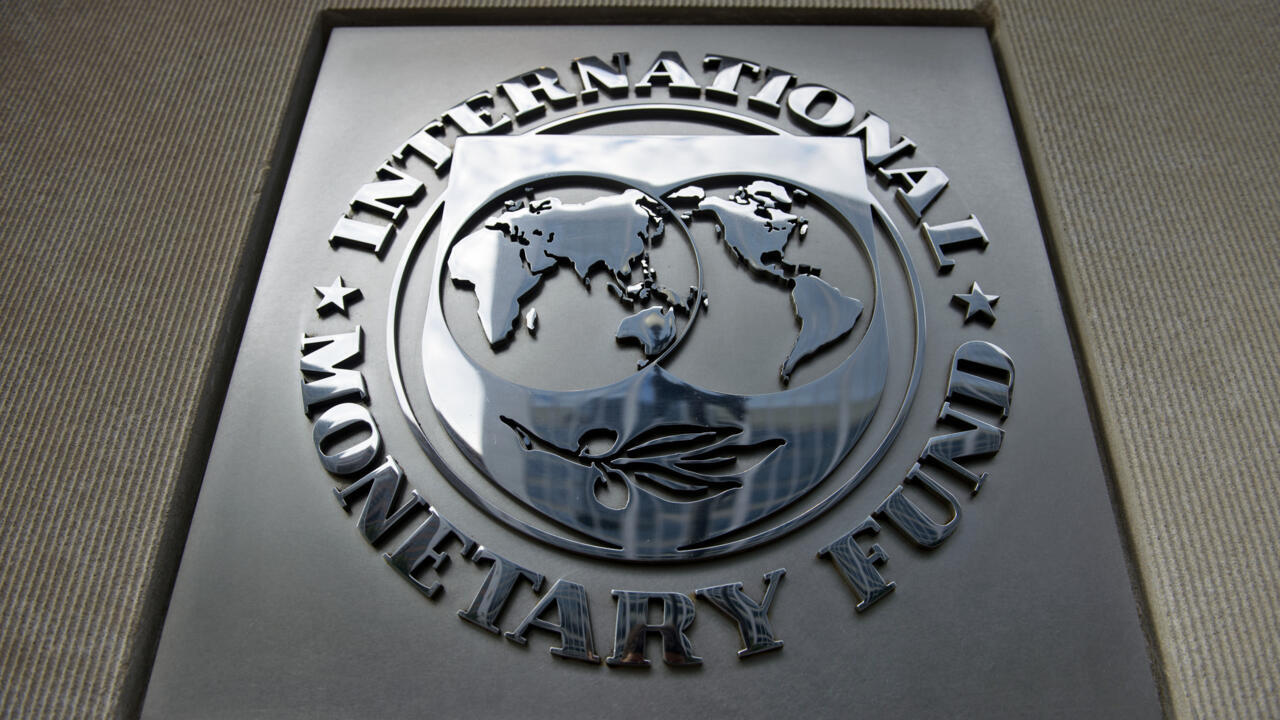Jihad Azour, Director of the Middle East and Central Asia Department at the International Monetary Fund (IMF), stated in an interview with AFP that despite various shocks—including trade policies, geopolitical tensions, conflicts, and oil price volatility—economic growth in the region has strengthened compared to the previous year. According to the IMF’s latest regional economic outlook report, the region’s gross domestic product (GDP) is projected to expand by 3.3% in 2025 and 3.7% in 2026, surpassing earlier forecasts released in May. In 2024, the regional economy grew by 2.1%.
Azour highlighted that Gulf countries in particular benefited from higher oil production, which offset lower prices, while other nations experienced recovery in tourism, manufacturing, and agriculture sectors. He noted the region’s resilience amid major geopolitical disruptions over the past two years, including neighboring countries like Jordan and Egypt affected by the conflict between Israel and Hamas that devastated Gaza.
While the current ceasefire in Gaza is seen as a significant and positive development, Azour cautioned that it is too early to assess its full impact on regional economic prospects. The extent of influence will depend on whether this stability improves overall risk assessment in the region and enables reconstruction efforts in Syria, Lebanon, Gaza, and eventually the West Bank.
At this stage, priorities include assessing the scale of damage in Gaza, identifying urgent needs, and planning reconstruction requirements in coordination with the United Nations and the World Bank. Additionally, Azour emphasized that financing needs remain substantial in conflict-affected countries such as Yemen and Sudan, especially amid declining international aid.
— news from مونت كارلو الدولية
— News Original —
الشرق الأوسط يشهد نموا اقتصاديا متسارعا رغم الصراعات (النقد الدولي)
وقال جهاد أزعور، مدير إدارة الشرق الأوسط وآسيا الوسطى في صندوق النقد الدولي، في مقابلة مع وكالة فرانس برس “رغم الصدمات التي شهدناها، من السياسات التجارية إلى التوترات الجيوسياسية والنزاعات وتقلبات أسعار النفط، فإن النمو أقوى مما كان عليه العام الماضي.. على مستوى المنطقة ككل”. n nوتوقّع صندوق النقد الدولي، في أحدث تقاريره بشأن آفاق الاقتصاد الإقليمي، أن يسجل الناتج المحلي الإجمالي لدول المنطقة نموا بنسبة 3,3% في 2025 و3,7% في العام 2026، وهي نسب تفوق التوقعات التي وردت في تقرير نشرته المؤسسة في أيار/مايو. n nوكان اقتصاد المنطقة سجّل نموا بنسبة 2,1% في العام 2024. n nوأوضح أزعور أن دول الخليج خصوصا، استفادت من زيادة الإنتاج النفطي التي عوّضت انخفاض الأسعار، فيما حقّقت دول أخرى انتعاشا في قطاعات السياحة والصناعة والزراعة. n nوأضاف، في إشارة إلى الحرب بين إسرائيل وحركة حماس التي دمّرت قطاع غزة، “أثبتت المنطقة قدرتها على الصمود في وجه صدمة جيوسياسية كبرى خلال العامين الماضيين، بما في ذلك الدول المجاورة لمنطقة النزاع” مثل الأردن ومصر. n nوأشار أزعور إلى أن وقف إطلاق النار الحالي في غزة “تطور مهم ومرحّب به”، لكنه يرى أنه من المبكر تحديد مدى تأثيره المحتمل على آفاق الاقتصاد الإقليمي. n nوشرح “سيعتمد التأثير على مدى قدرة هذا الاستقرار على تحسين تقييم المخاطر في المنطقة، إضافة إلى إمكانية إعادة الإعمار في كلّ من سوريا ولبنان وغزة، ولاحقا الضفة الغربية”. n nوفي المرحلة الحالية، شدّد أزعور على أن الأولويات هي تقييم حجم الأضرار في غزة والاحتياجات العاجلة ومتطلّبات إعادة الإعمار، بالتعاون مع الأمم المتحدة والبنك الدولي. n nومن جهة أخرى، أشار إلى أن احتياجات التمويل “هائلة” في دول أخرى تعاني نزاعات، مثل اليمن والسودان، في ظل تراجع المساعدات الدولية. n n© 2025 AFP
